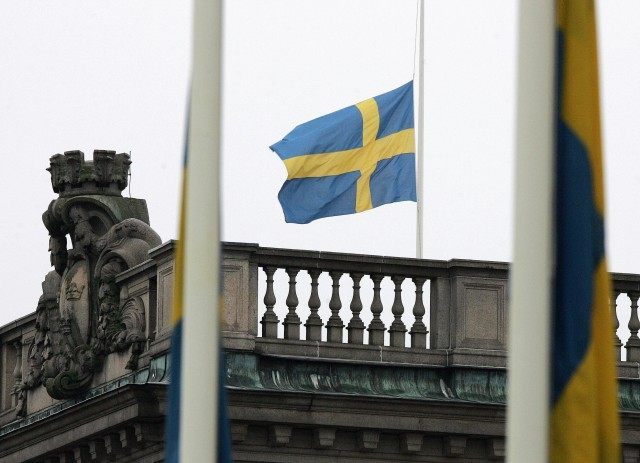Increasing numbers of asylum seekers in Sweden are being identified as war crimes suspects, Swedish Radio News reports. 41 cases of suspected war crimes or crimes against humanity have been reported among asylum seekers since the beginning of 2015, compared to 20 in all of 2014.
Foreign Policy reports Sweden received 81,301 applications for asylum in 2014, or roughly 223 refugees every day, nine every hour. At the beginning of the year the estimate of new asylum seekers expected for the country was set much lower at 54,000. The majority came from Syria, Eritrea, Somalia and Afghanistan.
The United Nations Refugee Agency in the UK noted in January this year that among European nations Sweden was second only to Germany in the number of Syrian refugees hosted. The country offers institutional support intended to help migrants integrate including accommodation assistance, daily allowances, medical and dental care, English and Swedish language tuition and IT classes.
The problem is that the countries from where the majority of asylum seekers flee are, by definition, those where crimes against the population are common, politics are fluid and borders are porous.
The majority of this year’s 41 cases reported to date are suspected terrorists or war criminals. When the Swedish Migration Agency suspects that an asylum seeker has committed war or terror crimes, it refers the case to the Swedish Security Service, the Säkerhetspolisen, for advice.
Magnus Bengtsson, an asylum expert at the Swedish Migration Agency in Malmö, says suspects are usually difficult to detect because most asylum seekers arrive in Sweden with a story and little in the way of formal documentation or, indeed, any documents at all. However, he added:
“We have become better at asking, catching those stories and it’s about asking the right follow-up questions so we can confirm suspicions better.”
People suspected of terrorism, war crimes or crimes against humanity usually only get a temporary permit at best to stay in Sweden. They are meant to be deported, but because they risk being killed or tortured back in their own countries the law often prevents them from being expelled.
Follow Sarkis Zeronian on Twitter: Follow @SarkisZ or e-mail to: szeronian@breitbart.com

COMMENTS
Please let us know if you're having issues with commenting.